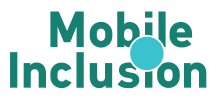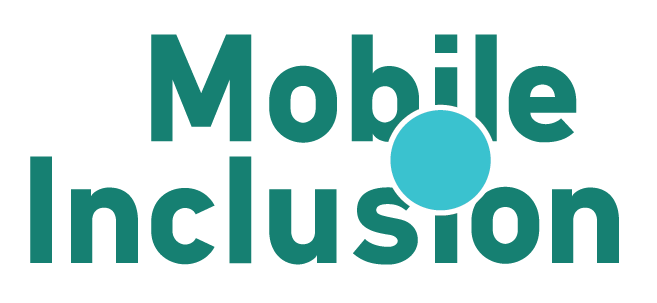Research Plan
MobileInclusion is designed along the ‘hourglass model’ and comprises eight work packages (WP):
Starting at the macro level, we explore the available literature on transport disadvantage and investigate the topic by applying geo-spatial methods (WP 1 & 2). Subsequently we focus on individual transport disadvantage by interviewing persons wo are compromised. By asking those who are affected by disadvantage, we investigate fine structures of social exclusion at the micro level (WP 3 & 4).
The next aim is to obtain results that we can transfer to other cases and tranlslate into empirically-grounded political interventions (WP 5 & 6). Towards the end we approach the macro level again: We develop a theory that describes transport disadvantage in the German context. With an international summer school we provide an arena for scientific debate (WP 7 & 8).
The eight work packages at a glance
As a result of the first work package we gain an understandable introduction to transport disadvantage that we will publish here. To validate our concept for the German context, we hear experts in the fields of urban studies, transport planning and social research.
We draw ‘maps of transport disadvantage’ to depict how mobility-related exclusion is distributed in Hamburg and Berlin. The maps compare the spatial distribution of welfare indicators (e.g., income, education) with the accessibility of (public) transport services.
As a result, the maps depict urban districts whose residents are prone to be affected by transport disadvantage. Furthermore, the maps can indicate potential or a need for transport planning interventions.
Our third work package is all about those who are affected. We ask 40 persons in Hamburg and Berlin to keep a log about their daily mobility. The participants are persons who receive unemployment benefits (German Arbeitslosengeld II / “Hartz IV”).
As an addition to the mobility diaries we interview the participants to learn about their experiences of social exclusion and their coping strategies. A qualitative analysis helps us to evaluate the interviews. The results provide the foundation for the repertory grid interviews in work package 4.
To investigate the consequences of transport disadvantage that affected persons face, we conduct repertory grid interviews with 20 participants.
The focus is on the subjective perception of transport disadvantage. We ask the participants about their individual experiences with disadvantage and their coping routines. Furthermore, we ask for opportunities that they perceive at an individual level.
Repertory grid interviews are a special kind of qualitative interviews that expose perceptions and routines that participants hold subconsciously. Mobility routines, for one, mostly take place in a habitual manner. For another, the coping strategies regarding the social exclusion are particularly emotional ones (e.g., postponing, suppressing, and avoiding uncomfortable situations) that have turned into strong habits.
We present our findings of WP 3 and 4 to experts to validate them from a theoretical as well as a practical standpoint. In a focus group (i.e. a moderated group discussion), the experts are invited to evaluate the evidence in light of the contemporary debate on mobility and social exclusion. The focus groups will be subject to a qualitative content analysis as well.
From the results gained in work packages 1-5, we will derive recommendations for policy and urban planning that we will evaluate with a SWOT analysis. We aim to develop strategic guidelines that can be seized by several professions (e.g., social policy, transport planning, social work).
Consecutive to the packages 1-5, we will enrich the scientific discourse in Germany around transport and social exclusion. Among others, findings from the UK and the US feed into our framework. Based on our evidence from Berlin and Hamburg, we will develop a theory that describes transport disadvantage in Germany.
To disseminate our findings, we publish the results in establihed scientific journals and present them at conferences. To keep our readers up to date, we use our Blog and Twitter (both mostly in German).
In 2020 we will organise a summer school on transport disadvantage. In combination with a conference, the summer school will be the highlight of MobileInclusion that brings together scientists, practitioners and students. Furthermore, the results will be documented in a monography.


